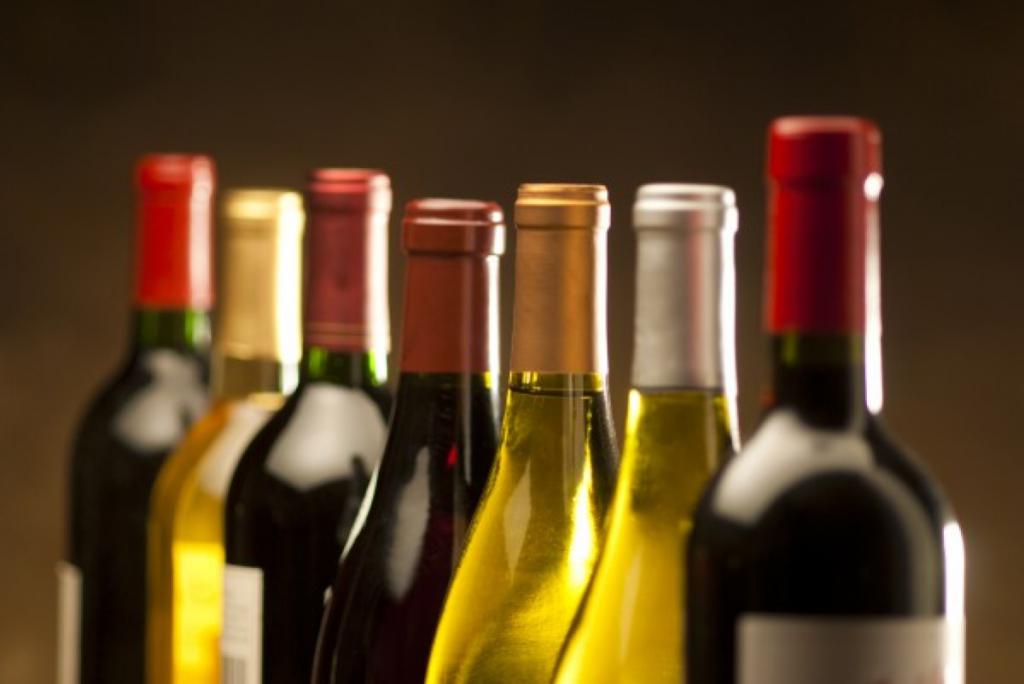Sale of alcoholic beverages is permitted only to certain enterprises that comply with certain conditions and requirements. To complete this process, you must obtain a license, and the organization of the sales process itself must be performed according to some rules. If entrepreneurs violate the terms of the law, then severe penalties will be applied to them.
Legislative regulation
The process of selling alcohol is regulated by law Federal Law No. 171, and numerous amendments are regularly introduced to it. At the beginning of 2018, sellers were notified of a tightening of the process of selling alcohol. Changes affect not only trading establishments, but also manufacturers.
A special grace period began on January 1, 2018, during which all producers and sellers of alcohol must make numerous adjustments to their business so that it complies with the requirements of the law. Such a postponement lasts for six months, after which the organization will undergo rigorous checks, the main purpose of which will be to identify violations. The law on the sale of alcoholic beverages provides that from July 1, 2018, different sanctions will be applied to violators.
Numerous changes will affect not only entrepreneurs, but also direct consumers. The main goal of introducing changes is the fight against the illegal creation of alcoholic beverages. Additionally, a transparent and understandable system will be created to control the production of alcohol and its sale. At the same time, an increase in the cost of production is expected, which will positively affect the fight against alcoholism.
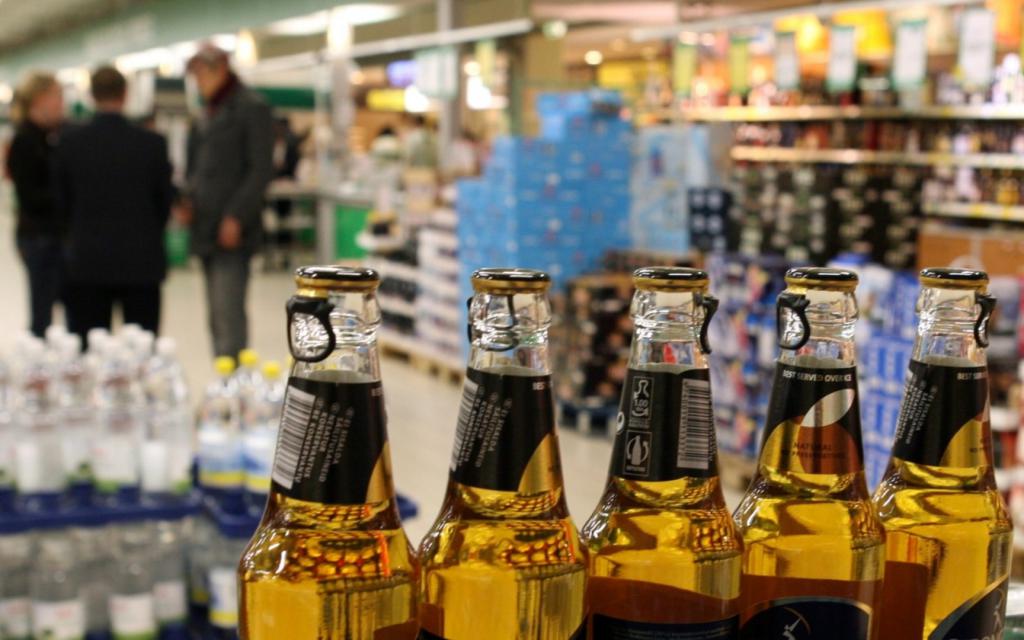
What additions are introduced?
The changes apply to all citizens and companies specializing in the production or sale of alcohol-containing drinks. Since July, the sale of alcohol will be allowed only if there is a new business format.
The number of problems and concerns of the regulatory authorities will also increase, as they will have to conduct regular inspections to determine if numerous legislative requirements are being followed.
The main additions that were introduced in 2018 include:
- sale of alcoholic beverages through the Internet is not allowed;
- the equipment used to create such drinks must be properly registered;
- individuals cannot transport in the car more than 5 liters of alcohol-containing products that are not marked;
- due to the widespread introduction of the EGAIS system, reliable and effective protection against the sale of alcohol at the wrong time will be provided, as well as information on the brand of the purchased drink will be on the check;
- the punishment applied to citizens or companies that violate the legislation in the field of the production and sale of alcohol is significantly toughened, and not only the imposition of significant fines is envisaged, but even criminal liability for violators is possible.
Due to changes in information in the law, amendments to the Code of Administrative Offenses were introduced. Local authorities have the ability to supplement legislation, but only in the direction of tightening, not mitigation.
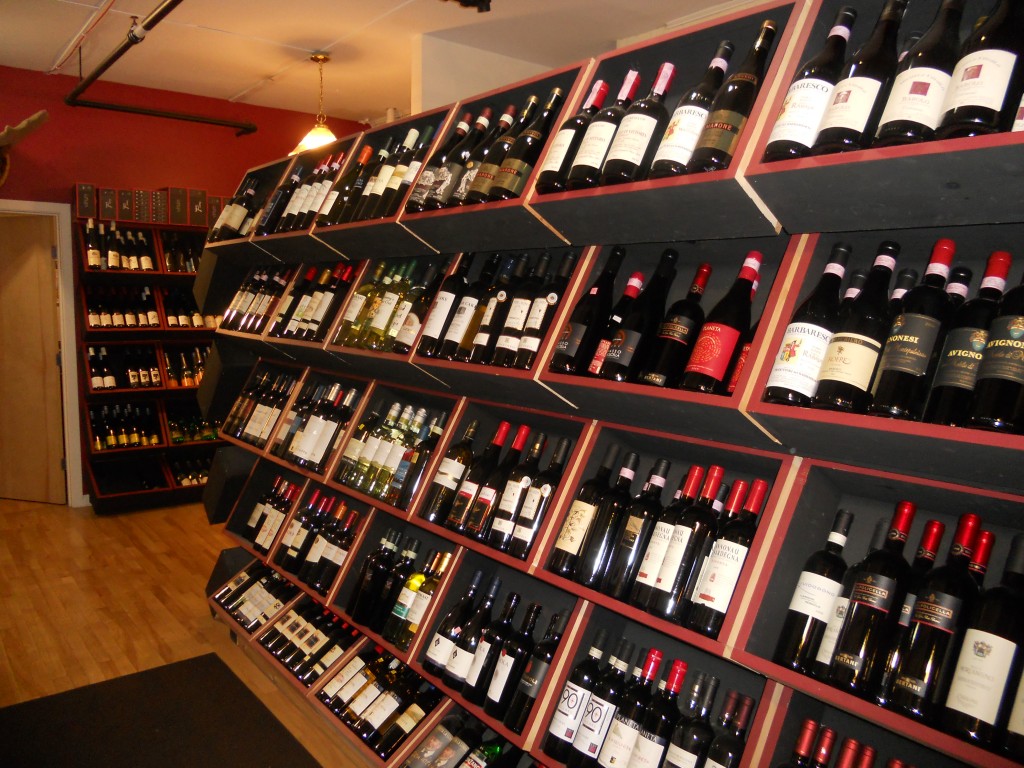
The nuances of selling on the Internet
Since the beginning of 2018, the sale of alcohol through various sites has been completely prohibited. This restriction on the sale of alcoholic beverages is due to the fact that citizens often buy such drinks at the wrong time. If the requirements of the law are violated, then the Code of Administrative Offenses provides for serious penalties:
- individuals pay a fine in the amount of 3 to 5 thousand rubles;
- fines for officials varying from 25 to 40 thousand rubles;
- companies will be required to pay from 100 to 300 thousand rubles.
Such tough measures will make sure that companies and citizens will responsibly approach the requirements of Federal Law No. 149. Based on this law, those sites are blocked on the pages of which there is an advertisement for products containing alcohol. Due to such a measure, it is planned that the amount of alcohol consumed by Russian citizens will be reduced.
Additionally, the Ministry of Finance is independently developing a special project, on the basis of which the sale of alcohol through the Internet will be officially banned.
How to register equipment?
The changes affected equipment intended for the creation of various alcoholic beverages. Sale of alcoholic beverages is permitted if these drinks are created using high-quality and properly registered equipment. If the use of illegal devices and assemblies is detected, significant fines are imposed, not only for companies, but also for individuals. Punishment is represented by heavy fines:
- for individuals - from 3 to 5 thousand rubles;
- for officials - from 20 to 50 thousand rubles;
- for companies - from 100 to 150 thousand rubles.
In addition, significant fines are introduced for the use in the production process of pharmaceutical ethyl alcohol.
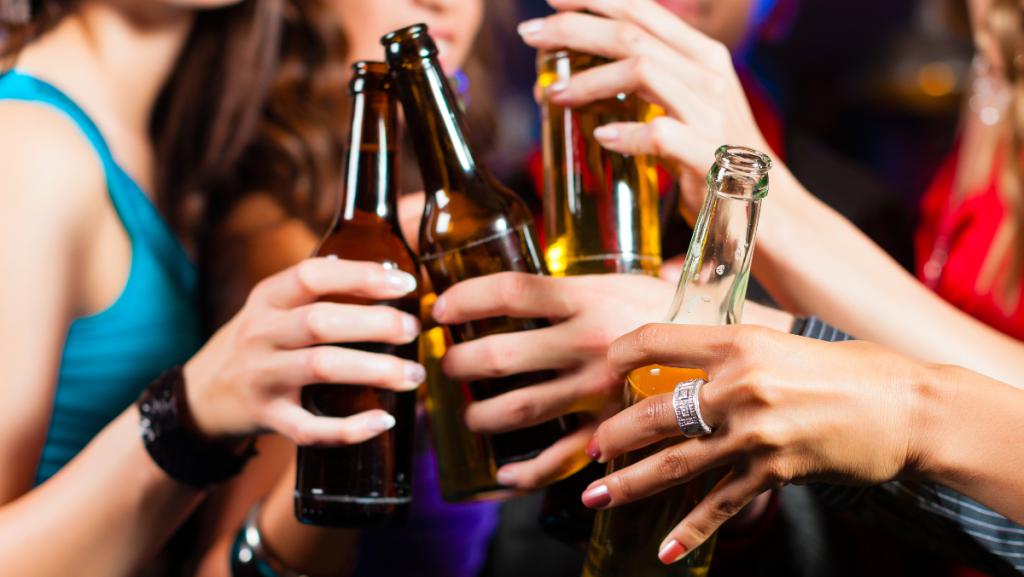
What restrictions apply to transportation rules?
In Art. 14.17 of the Code of Administrative Offenses indicates that from the beginning of 2018, certain restrictions are introduced in the process of transportation of alcoholic beverages. Individuals cannot transport unlabeled alcohol in large quantities in a car, and it does not matter where it was produced. For such a violation, a fine of 3 to 5 thousand rubles is imposed. Additionally, all products will be seized.
It is allowed to carry no more than 5 liters per person.
The nuances of introducing the EGAIS system
It already operates in many trading organizations. The rules for the sale of alcoholic beverages are that such a system controls the possibility of selling alcohol in unauthorized periods of time. In addition, it is guaranteed that there is no possibility that illegal alcohol will go into retail sale.
The EGAIS system makes it possible to create a single base, which includes all types of alcohol. Each box office will have a special scanner to monitor the sale of alcoholic beverages. He will be connected to this base via the Internet. When using this equipment, information is read from the excise stamp, and this information will be additionally duplicated on the check.
The indisputable advantage of such an organization for the sale of alcoholic beverages is that each buyer can get a lot of important data about the drink they buy.
In addition, the possibility of introducing a special GOST for brandy is being developed, since the turnover of illegal cognac is considered too high. Based on the amendments, brands are allocated in a separate category of alcohol. This will improve its quality, as well as simplify the work of regulatory bodies.
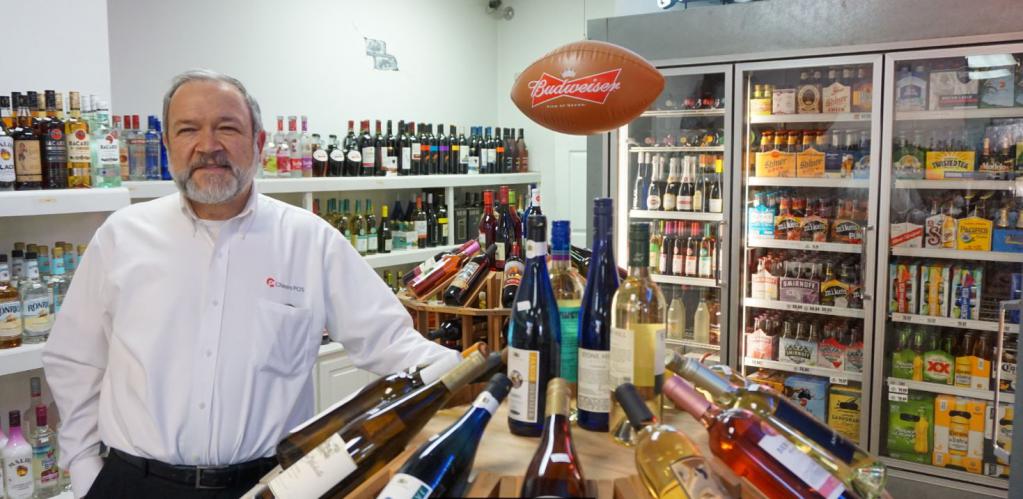
Stricter punishment
Additionally, the changes affected penalties for violation of the law. For the sale of alcoholic beverages with violations, even criminal liability is introduced. In addition to fines, arrests, involvement in community service or even imprisonment for a sufficiently long period are now applied. Two articles are introduced in the Criminal Code:
- Illegal alcohol production. If low-quality goods are created by illegal methods, this will lead to serious penalties. They are fined in the amount of 2 to 3 million rubles, and forced labor is assigned for a period of 1 to 3 years. Additionally, imprisonment of up to three years may be applied. If a collective violation of the law is revealed at all, then the fine increases to 4 million.rubles, as well as forced labor for up to 5 years or imprisonment for up to 5 years.
- Illegal sale of alcohol. Every company that sells such drinks must have a license to sell alcohol. For the lack of permission, a fine of 50 to 80 thousand rubles is imposed. If fake excise stamps are detected, the fine is increased to 500 thousand rubles, and imprisonment for 8 years or forced labor can also be applied.
Additionally, when determining the specific punishment, it is taken into account which damage was inflicted. If the sale of alcoholic beverages to minors is carried out at all, both the seller and the entire trading organization are punished.
Collective responsibility
The problem of soldering youth is considered the most acute for the state. It is assumed that children are primarily affected by older adults, therefore, amendments will soon be adopted, based on which not only sellers and trade organizations, but also parents will be held accountable.
The list will include citizens who, at the request of young people, purchase alcohol for them.
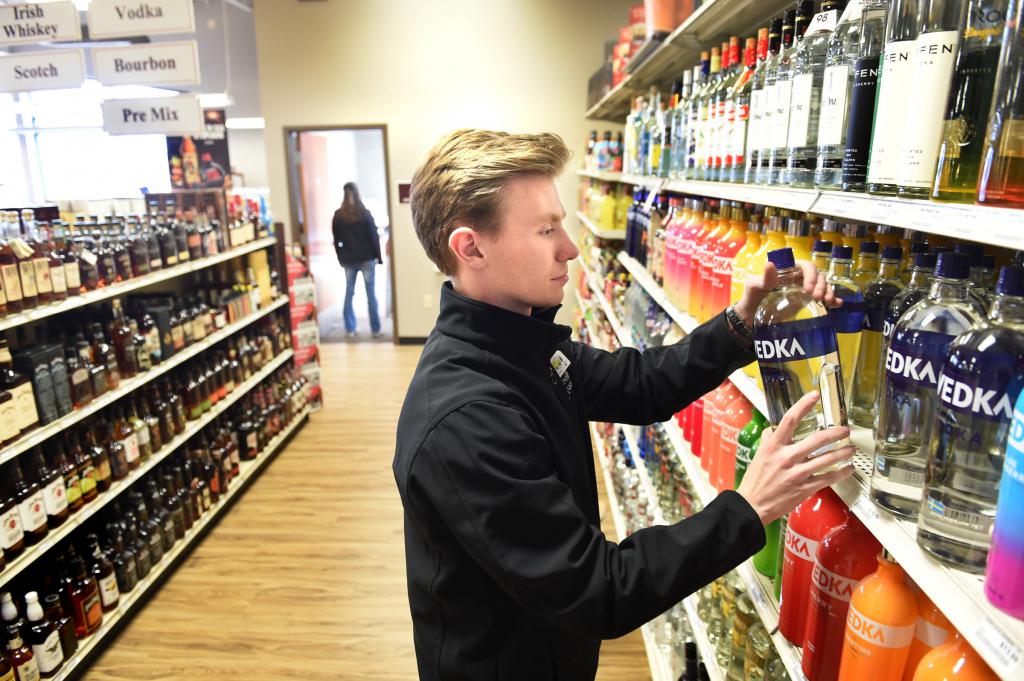
What days will alcohol not be sold?
Special sobriety days have been introduced. This demand for the sale of alcohol was supported by many regions, which, in turn, independently tightened such amendments, so the number of days when it was not possible for citizens to buy alcohol was increased.
Not sold alcoholic beverages on days:
- The last day of the school before the summer holidays;
- during graduation parties;
- June 1, since this day is the day of protection of childhood;
- July 27 - Youth Day;
- September 1 - the first day of school;
- September 11 is the day of sobriety.
In addition, regional authorities significantly increase the number of days when it is forbidden for different trade organizations to sell alcohol. Usually this includes some city holidays.
What time is alcohol allowed?
Federal Law No. 171 additionally contains information about at what time it is allowed to sell alcoholic beverages. These requirements remained unchanged in 2018, so alcohol is not allowed to be sold after 23:00. In many regions, this measure has been significantly tightened, so in some cities it will not be possible to purchase products after 22:00 or 21:00.
It is allowed to start selling only from 8:00, but in some cities this time increases to 9:00 or 10:00. Regions can exclusively increase a given period of time.
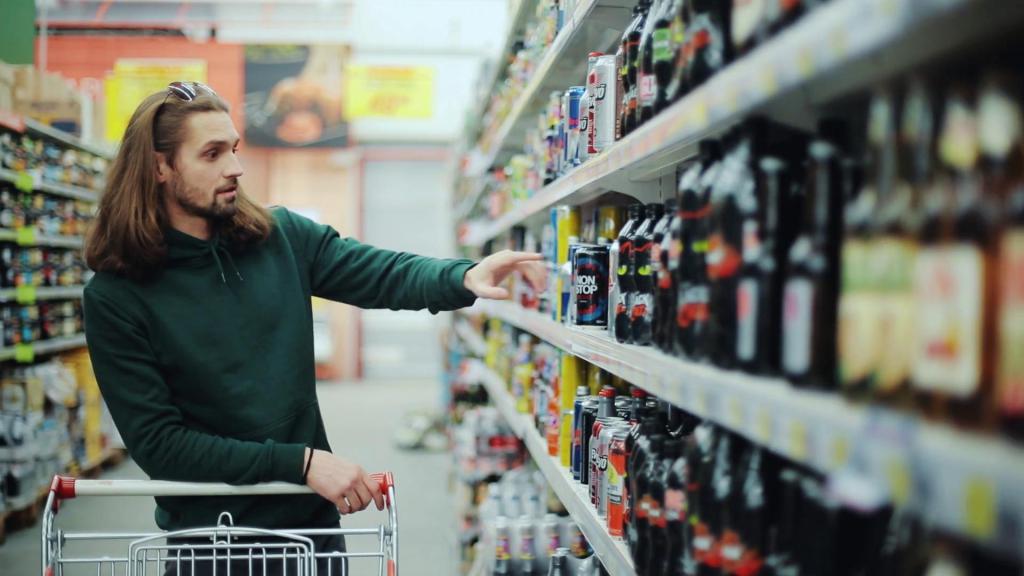
Age restrictions
A fairly long time ago there was information about the need to amend the legislation regarding the permissible age for the purchase of alcohol. Therefore, a change is planned from 18 years to 21 years.
The initiator of such a project is the Ministry of Health. But at the same time, the bill is still under consideration, therefore, at the beginning of 2018, significant changes were not introduced yet.
Punishment for selling without a license
Each company selling alcoholic beverages must first obtain a license for this process. The exceptions are situations:
- sale of medical drugs containing alcohol;
- sales of products by an intermediary on behalf of a company with a permit to sell.
In other situations, a license to sell alcohol is required. If it is absent, then penalties are applied:
- officials pay a fine in the amount of 500 thousand rubles. up to 1 million rubles, and they will also be disqualified for a period of 2 to 3 years;
- companies pay a fine of 3 million rubles. up to 1/5 of profit per year of work, all products are confiscated, and the activities of the enterprise can be suspended for a period of 60 to 90 days.
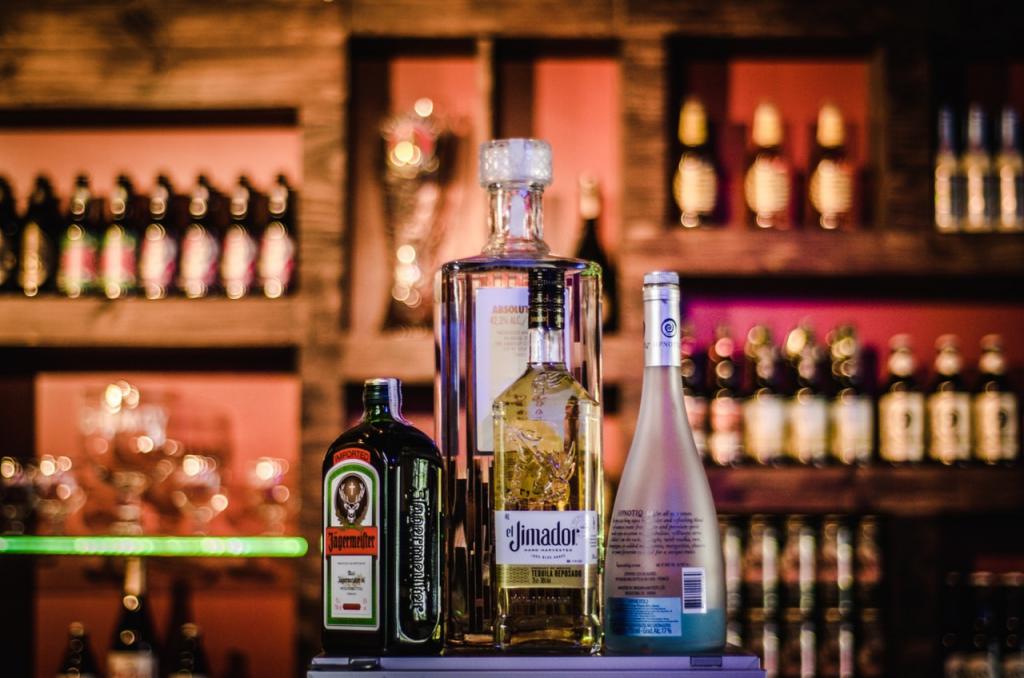
Thus, the sale of various alcoholic beverages should be carried out by companies only subject to many legislative requirements. If they are violated, significant penalties are applied to them.They can be represented not only by large fines, but also by arrest or suspension of activity. In 2018, significant changes were made to the legislation, so the penalties were tightened. Also, companies involved in the production or sale of alcoholic beverages must completely change the format of their business in order to legally continue to work.
